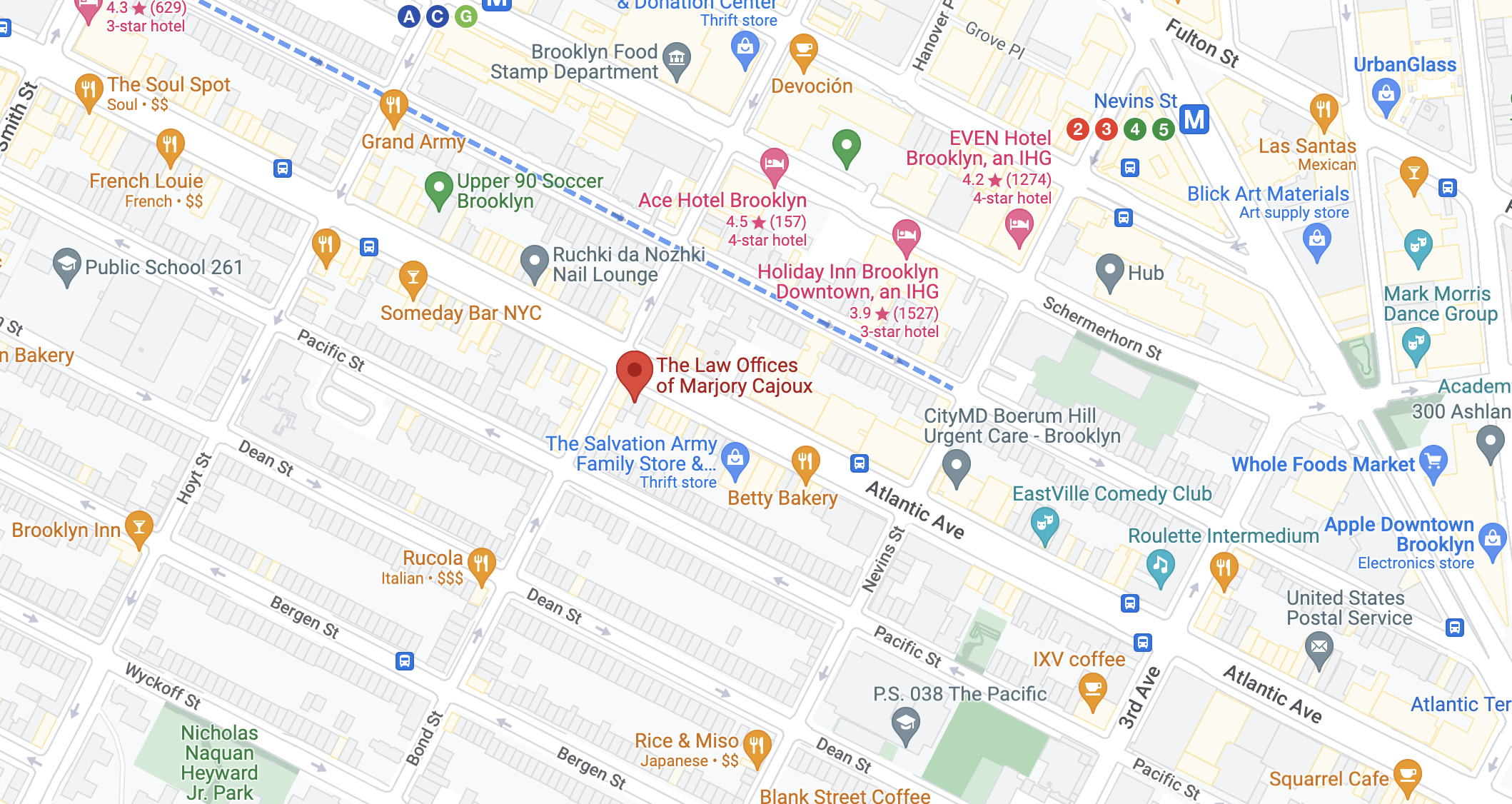
The partition of real estate is a legal action that many people would not necessarily recognize. However, a partition is a relatively common occurrence when co-owners of real estate can’t agree on what to do with the property or need to divide it between them. To fully understand partition, you will need to be familiar with several elements of this legal action.
- There must be more than one owner of a property for a partition to occur. Partitions are unnecessary unless two or more owners cannot agree on how to divide the property.
- There must be a dispute about selling the property. Whether the dispute arises because one owner wants to sell the property and the other doesn’t, or the co-owners just don’t get along, a partition only occurs when there is a dispute about selling the property.
- There are two different kinds of partitions under New York law. If a property is vacant and contains more than one lot or unit, the parties could physically divide the property between them, which is known as a partition in kind. A more common scenario occurs when a single property or house cannot be physically divided, and a partition by sale is necessary. In this case, the partition occurs through a sale of the property at auction and division of the sale proceeds between the owners.
- The partition can be voluntary or involuntary. If the property owners can decide how to divide the property physically or to privately market and sell the property and divide the proceeds, they can voluntarily partition the property. When the owners cannot agree, the court will decide not only whether to divide or sell the property physically, but also how to apportion any sale proceeds between the parties.
- Not all co-owners have the same degree of ownership in the property. In a tenancy by common, each party has an interest in the property according to the interest that they initially contributed to purchasing the property or according to a contract between them. On the other hand, in a joint tenancy, the tenants own the property in equal shares and may have rights of survivorship.
- Liens on the property must be paid in full for a partition to occur. No partition in kind or partition by sale can occur until any mortgagor or lender is fully satisfied.
- An estate can bring a partition action. If the estate of a deceased person is the owner of real property with one or more other owners, the executor or administrator of the estate can file a partition action.
- Partition actions often result from couples who are not married. If a couple jointly purchases a home or a parcel of real estate and later breaks up, they must file for partition if they cannot resolve the issue by agreement. Unlike a married couple, who can divide their real estate through a divorce, unmarried couples typically have no option other than a partition action when a dispute arises.
- Partition actions may arise when a single property owner passes away and leaves the property to multiple owners. This situation may occur when the deceased person leaves a will that divides the property among multiple owners or when the person dies without a will, therefore triggering the state’s intestate succession laws or those that govern how property is distributed no will.
- The owner who lives in the house does not have a superior right to prevent a property sale or a partition action by another owner or owner. Legal ownership of the property controls the partition action, not who lives in or is in physical possession of the property.
At the Law Offices of Marjory Cajoux, you can rely on the experience, knowledge, and skill necessary to assist you with real estate litigation, including partition actions. Contact our office at 718-237-0411 today to see how we can help you with the legal issues you are facing.






